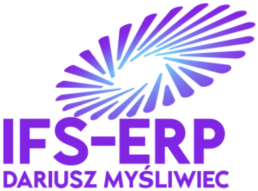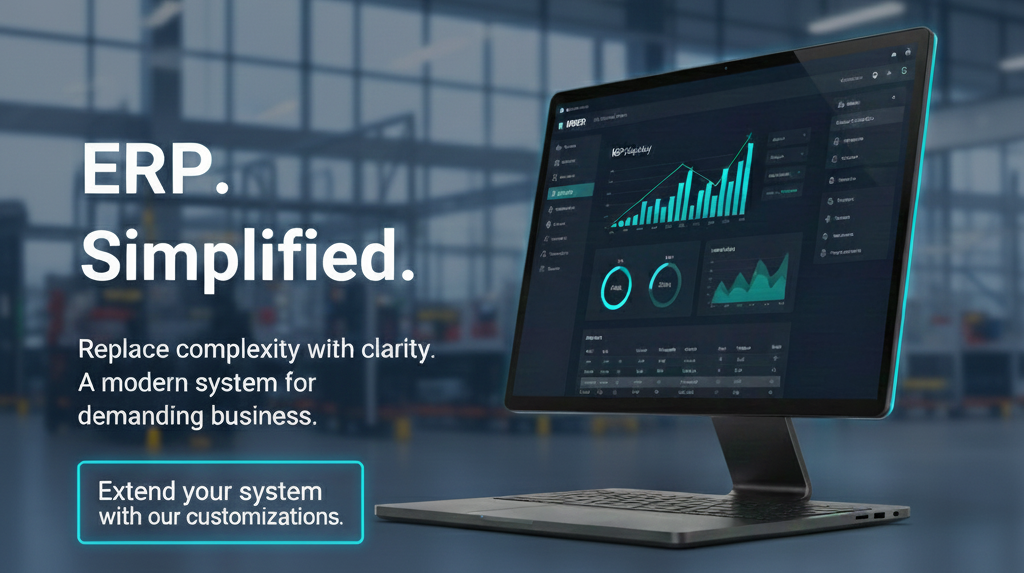Defining Ownership and Quality Standard in Enterprise Software Implementation
In enterprise software implementations, such as those involving IFS Applications, clear definitions of ownership and quality standards are critical to project success and long-term solution sustainability. They form part of the governance and operational steering models that ensure both accountability and excellence in delivery and ongoing management.
Ownership: Responsibilities and Governance
Ownership refers to the assignment and acceptance of responsibilities for various elements of the project and solution throughout its lifecycle.
- Project Ownership: Defined at multiple levels including the Project Sponsor, Project Manager, Solution Architect, and the Customer’s internal roles. Ownership spans commitment, accountability, and authority over project objectives, scope, budgets, and timelines.
- Organizational Ownership: The customer’s business units and teams are assigned ownership for specified processes, data, configurations, and CRIM objects (Configurations, Reports, Interfaces, Modifications). These assignments influence the configuration, security setup, and governance architecture of the solution.
- Data and Asset Ownership: Clear ownership of master data and assets ensures accurate migration, maintenance, and alignment with corporate policies. This ownership encompasses data quality management, traceability, and lifecycle governance.
- Change and Issue Ownership: Responsibilities for change control, escalation, and issue resolution are distributed across roles, with structured communication and accountability to maintain project health and solution stability.
This well-articulated ownership framework reduces ambiguity, fosters engagement, and aligns the delivery organization with customer business goals.
Quality Standard: Ensuring Excellence and Alignment
Quality standards constitute the defined benchmarks for deliverables, processes, and product fitness to meet customer expectations and compliance needs.
- Quality Gates: At each project phase (Initiate, Confirm Prototype, Establish Solution, Implement, Go Live), formal milestones verify deliverables against agreed criteria, ensuring progressive validation.
- Robust Testing: The project applies rigorous testing methodologies including Solution Acceptance Testing (SAT), Operational Readiness Testing (ORT), scenario-based testing, and full cut-over dry runs to confirm process integrity, security, and data correctness.
- Documentation and Training: Quality assurance includes comprehensive documentation such as the Book of Rules, Step-by-Step Guides, training materials, and test protocols, ensuring users are prepared and processes are consistently applied.
- Change Management: Enforced change control processes regulate scope adjustments, minimizing risks of scope creep and guaranteeing solution consistency.
- Continuous Improvement: A philosophy of continuous enhancement, or Evergreen mindset, underpins the ongoing delivery of updates, patches, and innovations post-Go Live, maintaining system security, usability, and compliance.
Embedding these quality standards assures that the delivered solution not only meets initial requirements but remains sustainable and effective.
Integrating Data Mesh in Ownership and Quality Framework
The complexities of modern enterprise data environments demand new paradigms like Data Mesh to complement traditional data ownership models.
- Domain-Oriented Ownership: Data Mesh shifts data ownership to domain teams closest to the data’s source and use, assigning responsibility for the quality, accessibility, and lifecycle management of “data products.” This aligns strongly with the organizational ownership model in IFS implementations, where business units govern their processes and data.
- Decentralized Governance: Rather than centralized data teams, governance is federated, with clear standards and interoperability protocols to maintain data consistency, security, and compliance—bolstering quality assurance.
- Self-Service Data Infrastructure: Domains provide data as products through standardized APIs and catalogs, empowering users and facilitating cross-domain collaboration while maintaining accountability.
- Quality as a Product Feature: Data domains enforce SLAs, data validation, and monitoring on their data products, reinforcing the quality standards parallel to software deliverables in implementation projects.
Incorporating Data Mesh principles into the project fosters data democratization, enhances data ownership clarity, and embeds data quality as a foundational attribute of the implemented solution.
IFS Cloud Implementation: Ownership and Quality in the Cloud
The IFS Cloud offering transforms traditional ownership and quality paradigms by leveraging cloud-native architectures and managed services.
- Shared Responsibility Model: Ownership is delineated between IFS (as the cloud platform provider) and the customer. IFS handles infrastructure availability, platform updates, and core system maintenance, while customers own their configuration, data governance, and user management within their environments.
- Cloud-Specific Roles: Roles such as Cloud Administrator, Platform Engineer, and Customer Success Manager augment the ownership structure, focusing on cloud operational governance, user onboarding, and platform health.
- Automated Governance and Monitoring: With cloud telemetry and monitoring, both IFS and customers gain real-time insights into system performance and compliance—enabling proactive quality controls.
- Immutable Updates and Evergreen Strategy: IFS Cloud maintains customers on the latest validated software versions, delivering updates seamlessly through controlled deployment pipelines, patch management, and release strategies (Service Updates, Release Updates). This reduces technical debt, improves security posture, and sustains quality continuously.
- Security and Compliance Ownership: Customers retain control over identity and access management, data residency, and regulatory compliance configurations, supported by IFS guidance and tooling.
IFS Cloud Implementation Methodology: Structured Pathway to Quality and Ownership
The IFS Cloud implementation methodology adapts the traditional multi-phase approach with cloud-focused accelerators and operational safeguards:
- Onboarding and Environment Provisioning: Automated setup of Build Place and Use Place cloud environments enables rapid, consistent provisioning, establishing clear ownership for environment administration and data sovereignty.
- Phased Delivery with Continuous Validation: The customary phases—Initiate, Confirm Prototype, Establish Solution, Implement, and Go Live—are executed with cloud-specific emphasis on security configurations, cloud integration patterns, and scalability verification.
- Collaboration-Driven Workshops: Emphasis on joint cloud readiness assessments, focusing on user roles, data migration to cloud, integration with cloud services, and cloud governance policy alignment.
- Rigorous Cloud Testing: Integration of native cloud testing environments and continuous integration pipelines supports iterative solution validation, facilitating early detection and resolution of issues.
- Change Management and Governance Automation: Leveraging cloud lifecycle management tools, governance is automated with integrated workflows for change approval, deployment orchestration, and rollback procedures.
- Post-Go Live Cloud Operations: Clear processes for cloud incident management, platform updates, and customer support roles formalize ongoing ownership and quality assurance in the dynamic cloud context.
This methodology enables customers to maximize the benefits of cloud agility while ensuring disciplined ownership and uncompromised quality standards.
Conclusion
Ownership and quality standards remain the twin pillars of successful enterprise software implementations, with evolving best practices adapting to innovations like Data Mesh and IFS Cloud. Combining domain-oriented data ownership with cloud shared responsibility models, supported by robust implementation methodologies, ensures that organizations can deploy, govern, and evolve their ERP solutions with confidence, security, and continuous value delivery.


